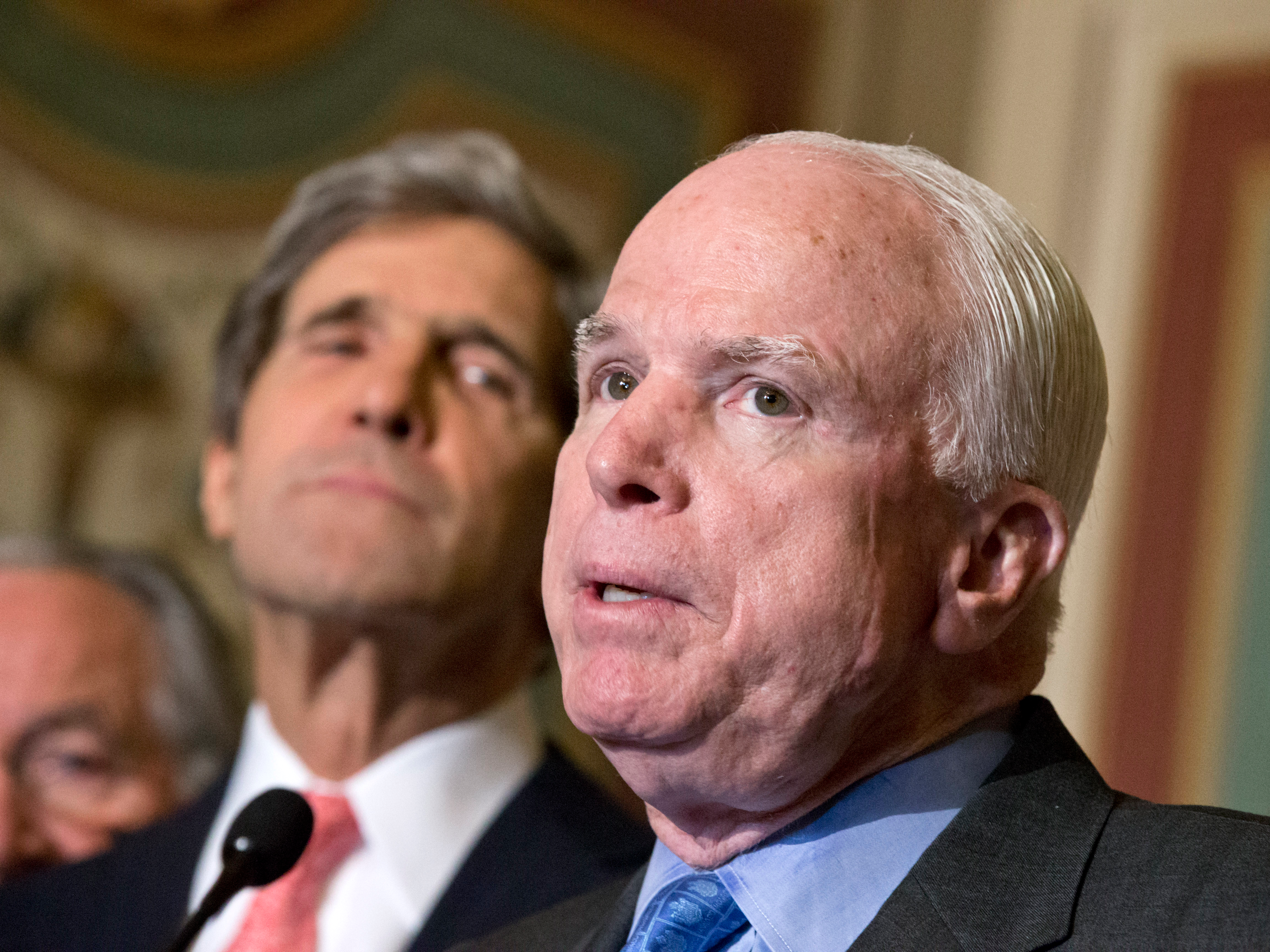Sen. John McCain of Arizona, the Republican who delivered the final blow to the previous attempt to overhaul the US healthcare system, may have done the same when he came out against the GOP’s latest healthcare legislation on Friday afternoon.
In a statement, McCain said the lack of order in crafting the legislation was what pushed him away.
“I would consider supporting legislation similar to that offered by my friends Senators Graham and Cassidy were it the product of extensive hearings, debate, and amendment,” McCain said. “But that has not been the case. Instead, the specter of September 30 budget reconciliation deadline has hung over this entire process.
“We should not be content to pass health care legislation on a party-line basis, as Democrats did when they rammed Obamacare through Congress in 2009,” McCain added. “If we do so, our success could be as short-lived as theirs when the political winds shift, as they regularly do. The issue is too important, and too many lives are at risk, for us to leave the American people guessing from one election to the next whether and how they will acquire health insurance. A bill of this impact requires a bipartisan approach.”
McCain’s opposition puts the bill – known as Graham-Cassidy for two of its authors, Sens. Bill Cassidy and Lindsey Graham – on the brink of defeat.
Sen. Susan Collins of Maine, a fellow Republican, said on Friday that she was leaning against voting for the bill, and Republican Sen. Rand Paul of Kentucky has also come out strongly against it. Republicans can afford only two defections for the legislation to pass.
McCain also pointed to the lack of clarity surrounding the effects of the bill if it were to become law. The nonpartisan Congressional Budget Office announced it would not be able to provide a full estimate of the bill's impact by September 30, the deadline for the GOP's ability to bypass the Senate's usual 60-vote threshold and instead pass the bill with a simple majority.
The longtime Arizona lawmaker also said that he thought Cassidy and Graham were making a genuine attempt to fix what he believed was a broken healthcare system, but that the process by which it was being conducted was not in accordance with how the upper chamber should operate.
"I hope that in the months ahead, we can join with colleagues on both sides of the aisle to arrive at a compromise solution that is acceptable to most of us and serves the interests of Americans as best we can," McCain said.
